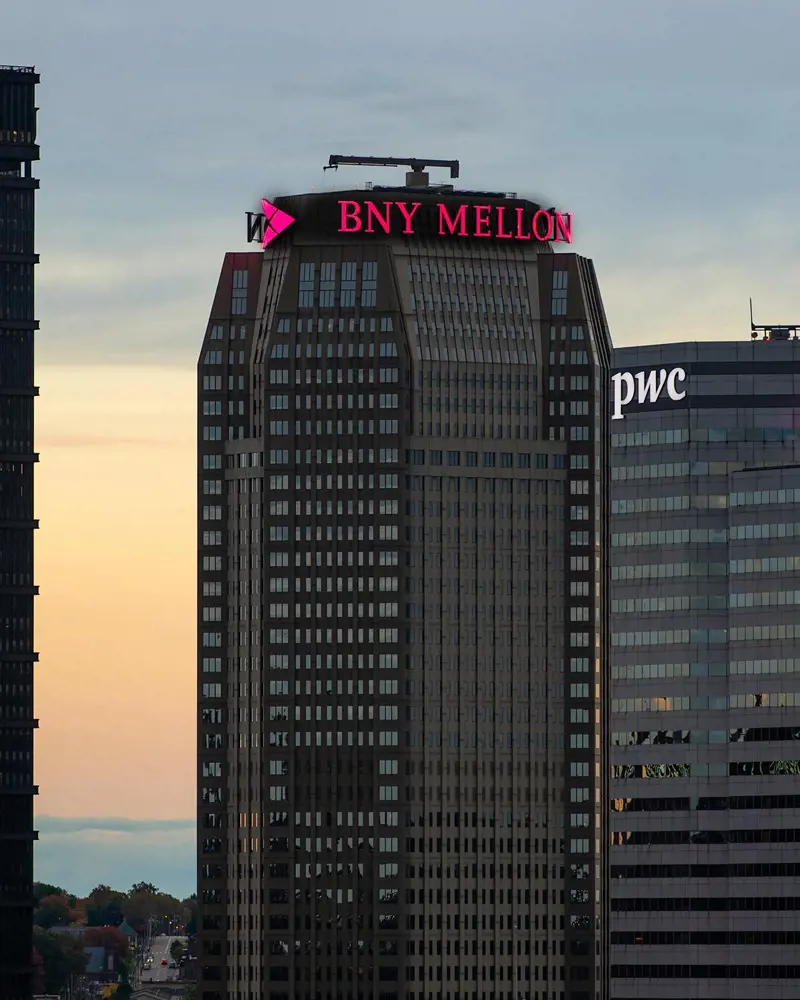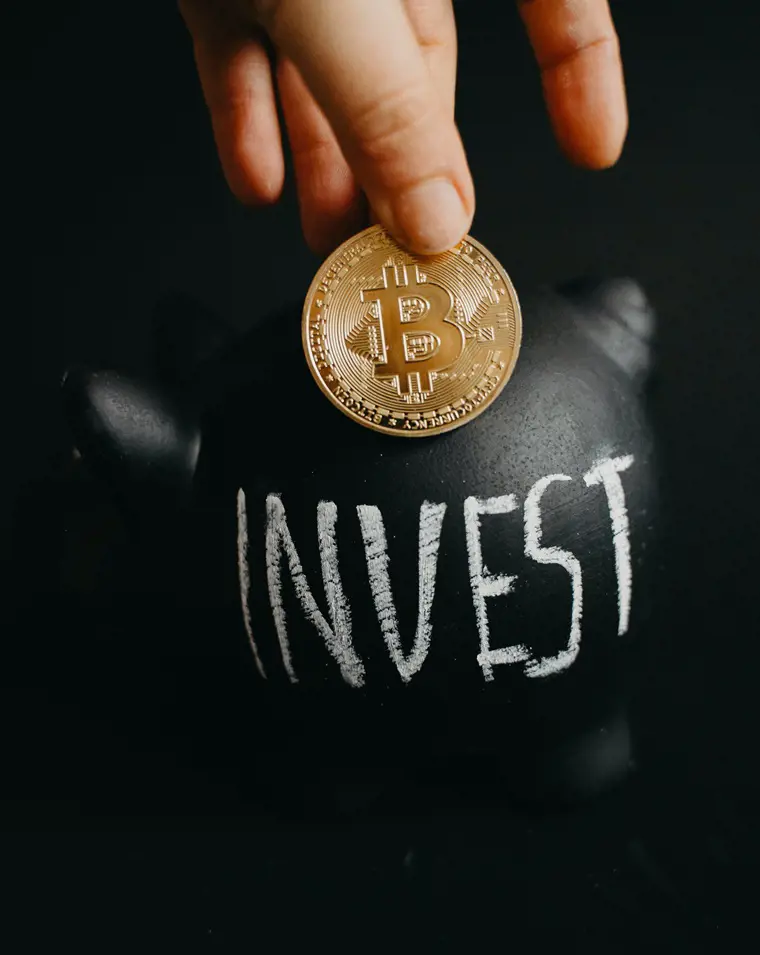
Asking some thoughtful questions at the end of the interview can make you look more excited and eager to join.
From personal growth doubts to opportunities to learn new skills, we will guide you through some mindblowing ideas to ask these queries in a simple yet professional manner. You can ask questions related to your roles and responsibilities or insights into the company's culture.
Role and Team Questions

1. Can you elaborate on the day-to-day responsibilities of this job?
Asking this question helps them get a clear picture of what the job entails beyond the job description. They can gauge the workload, typical tasks, and daily workflow. This allows them to assess their skills and fit for the role.
2. Who would I be reporting to, and what is their management style like?
This is important for knowing who you'll be directly interacting with daily, who sets your goals and priorities, and who you will escalate issues to. Knowing your manager's position within the company can also give you a sense of the bigger picture and your role within it.
3. Can you tell me about the team I would be working with? What are their strengths and areas of expertise?
This question demonstrates that you are not just interested in the individual role, but also how you would fit into the larger team dynamic. This helps you gauge potential strengths and weaknesses of the team dynamic, whether you have the skills to contribute effectively, and ultimately, if you would be a good cultural fit.
4. What are the biggest challenges and opportunities facing this team currently?
This query gives you insights into how they envision tackling challenges and reveals their initiative. The challenge they highlight might reveal areas of inefficiency, conflict, or lack of resources that directly impact their work. The opportunities they mention showcase their vision for the team's future, their career aspirations, and potential areas for growth.
Hiring Process and Timeline Questions

5. What are the next steps in the hiring process, and what is the expected timeline?
This question showcases their eagerness to get started. It shows they are organized and ready to move forward if selected. If the interviewer readily provides details, it indicates their application resonated and they are in the running.
6. When can I expect to hear back from you regarding my candidacy?
By inquiring about the timeline, you showcase both proactiveness in wanting to stay informed and a sense of organization. It lets the interviewer know you are someone who plans and manages their time efficiently. Later on, it can be a polite way to check the interview process is progressing as expected.
7. Do you have any questions for me that I haven't addressed yet?
This question might reveal unspoken concerns or hidden expectations. Use this to showcase relevant skills or experiences you have not mentioned yet. Prepare follow-up questions to clarify your strengths or highlight missed aspects.
8. Is there anything else I can do to showcase my skills and qualifications for this role?
Did you forget to quantify an accomplishment? Use this moment to add specific numbers or percentages showcasing your impact. Share a project you are passionate about, even if not directly related, to reveal your initiative and enthusiasm.
Personal Growth and Development Questions

9. What are the learning and development opportunities available in this role?
This question signals a candidate's proactive approach to career development. They are not just interested in doing the job, but also in growing their skills and knowledge. This demonstrates ambition and a desire to contribute more in the future.
10. How does the company support professional development and career growth?
Look for responses that highlight specific opportunities such as training programs, mentorship initiatives, or educational reimbursements. This question helps you assess not just the job at hand but also the potential for long-term career satisfaction and advancement within the company.
11. What are some examples of career paths that have begun with this position?
It helps the interviewee align their long-term career goals with the paths taken by those who previously held the position. This information aids in assessing whether the company can offer the desired career trajectory.
12. Can you tell me about the company's performance evaluation and feedback process?
It shows a commitment to understanding how their performance will be assessed, indicating a desire to meet or exceed expectations. Additionally, it signals that the interviewee values open communication and continuous improvement, seeking insights into how feedback is provided and how they can contribute to the company's success.
Workplace Environment Related Questions

13. Can you describe the workspace itself? Is it open-plan, individual offices, or a hybrid of both?
This will give you clues about the typical workspace setup for that industry. For example, an open-plan layout might be more common in a tech company, while individual offices might be preferred in a law firm. In the case of a hybrid setup, you might emphasize your adaptability and experience successfully navigating both collaborative and independent work scenarios.
14. What are the company's policies on remote work and flexible schedules?
The question reflects the candidate's interest in understanding the company culture, its openness to different work arrangements, and whether it aligns with their personal preferences and needs. This information can influence the interviewee's decision-making process, allowing them to assess whether the company supports a flexible and remote-friendly environment, promoting a healthier work-life integration.
15. How does the company promote employee well-being and mental health?
How passionate is the interviewer about the topic? Do they seem personally invested in employee well-being? Understanding the company's approach to work-life balance provides insights into the expectations and demands of the job. It indicates if the organization values the overall well-being of its employees.
16. What are the opportunities for social interaction and team building outside of work?
It suggests a desire to build closer relationships with colleagues beyond the work environment. Asking about social interactions and team building provides a glimpse into the company's commitment to employee well-being and the development of strong professional relationships.
17. Can you describe a typical day's communication flow within the team? Are there regular meetings, updates, or preferred collaboration tools?
Understanding the frequency and format of communication helps the candidate envision their day-to-day interactions and align expectations. This question demonstrates the candidate's interest in seamless teamwork and their adaptability to existing communication processes. It also allows the interviewee to assess how information is shared, facilitating their integration into the team and contributing to a positive work experience.
Company Culture Related Questions

18. What are the company's core values, and how are they reflected in everyday work?
The emphasis placed on specific values can reveal what's truly important in the company. Are collaboration, innovation, or customer focus prioritized? By listening to the response, the interviewee can assess the cultural fit, the importance the company places on values, and whether the organization's mission aligns with their own beliefs.
19. What are some of the benefits and perks offered to employees?
This question reveals the interviewee's priorities what they value in an employer and what they provide as perks for work. Are they focused on traditional benefits like healthcare and insurance, or are they looking for more unique perks like flexible work arrangements or professional development opportunities?
20. What are some informal traditions or rituals that embody the company culture?
Informal traditions often reflect the unique identity of a company. Interviewees may want to understand what makes the company special and how its values translate into day-to-day interactions. Knowing about informal traditions can offer insights into how the company fosters a supportive and enjoyable work environment.
21. How does the company celebrate successes and acknowledge achievements?
Understanding the company's approach to celebrating successes can also give the interviewee a sense of the organization's overall morale and the importance placed on teamwork and individual achievements. This information is crucial for candidates in evaluating whether the company aligns with their preferences for a positive and supportive work environment.
22. How does the company foster open communication and address challenges within the team?
The response from the interviewer will provide valuable information about the company's commitment to fostering a positive work environment, promoting transparent communication, and handling challenges constructively. As an interviewee, paying attention to the details in the response can help in assessing whether the company's culture aligns with one's own preferences and working style.

